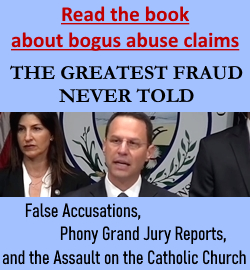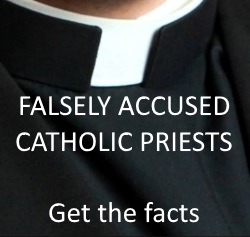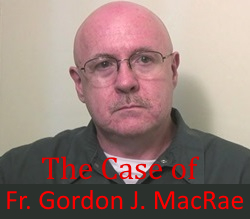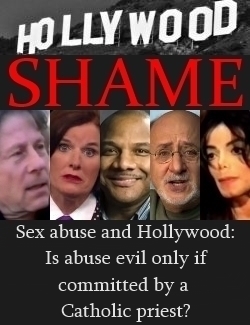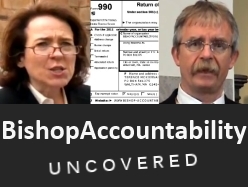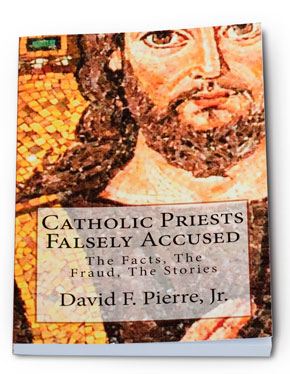As I assert in my book, Double Standard: Abuse Scandals and the Attack on the Catholic Church, the issue of "repressed memories" is yet another unreported component of the Catholic Church abuse narrative. For my book I culled several quotes from leading psychologists and experts in the science of memory:
- "The notion that the mind protects itself by banishing the most disturbing, terrifying events is psychiatric folklore … The more traumatic and stressful something is, the less likely someone is to forget it." – psychology professor Richard J. McNally, Harvard University (Daniel Lyons, “Sex, God & Greed,” Forbes, June 9, 2003);
- "Recovered-memory therapy will come to be recognized as the quackery of the 20th century." – Richard Ofshe, a social psychologist at the University of California, Berkeley (Leon Jaroff and Jeanne McDowell, “Repressed-Memory Therapy: Lies of the Mind,” Time, November 29, 1993);
- "If penis envy made us look dumb, this will make us look totally gullible." – Paul McHugh, chairman of the psychiatry department at Johns Hopkins University (Leon Jaroff and Jeanne McDowell, “Repressed-Memory Therapy: Lies of the Mind,” Time, November 29, 1993);
- You can’t be raped for 10 years and not remember it. Yet, according to the repression aficionados, anything's possible." – Elizabeth Loftus, professor of psychology at the University of California Irvine (Sasha Abramsky, “Memory and Manipulation: The trials of Elizabeth Loftus, defender of the wrongly accused,” LA Weekly, August 19, 2004).
Now Dr. Richard McNally (cited above), who wrote a very respected book on the topic (Remembering Trauma), has taken his research to the California Supreme Court:
From the Australian Broadcasting Corporation (9/6/10):
Research finds repressed memories don't exist
By Karen Berkmanidea that traumatised people, especially the victims of child sexual abuse, deliberately repress horrific memories goes all the way back to the 19th century and the theories of Sigmund Freud himself.
But now some experts are saying the evidence points the other way.
Professor Grant Devilly, from Griffith University's Psychological Health research unit, says the memory usually works in the opposite way, with traumatised people reliving experiences they would rather forget.
"It's the opposite. They wish they couldn't think about it," he said.
In a briefing to the California Supreme Court, Professor Richard McNally from Harvard University described the theory of repressed memory as "the most pernicious bit of folklore ever to infect psychology and psychiatry".
He maintains false memories can easily be created by inept therapists.
"The stress hormones that are released during a trauma tend to consolidate the memory, make it rather strong and sometimes even intrusive, as you see in post-traumatic stress disorder," he said.
But Professor McNally says some abuse victims do suffer when they reassess childhood experiences much later.
"Seeing the event through the eyes of adult, they realise what has happened to them and now they experience the emotional turmoil of trauma," he said.
The good news is that now, Professor McNally says most victims can be helped.
"Things have changed, happily. We now have treatments that work," he said.
The article continues at abc.net.
Again … this is a component of the Catholic Church abuse narrative that must be approached with caution and sensitivity. Not all abuse victims claim "repressed memories" when coming forward with their charges! The sickening memory of despicable abuse is all too real and horrific for too many individuals.
However, this is an element of the abuse narrative that has been most certainly dismissed by the American media. (Did you notice that the news story came from Australia?) Indeed, a number of people have come forward in recent years claiming "repressed memories" when accusing a priest of abuse. The claim is often several years – usually decades – after the alleged incidents.
(HT: CatholicCulture.org)
Where are you, Boston Globe?
